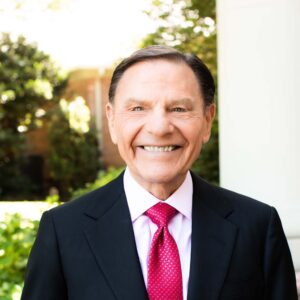Max Verstappen has remained steadfast in his stance regarding the FIA’s recent efforts to impose a swear ban on drivers, showcasing a mix of defiance and authenticity that has characterized his career. The controversy began when the FIA introduced regulations aimed at curbing offensive language during races and press conferences, intending to foster a more family-friendly atmosphere in motorsport.
Verstappen, known for his unfiltered personality, has openly criticized the initiative, suggesting that it infringes on drivers’ freedom of expression. In his view, racing is an inherently intense and passionate sport where emotions run high, and swearing can often be an involuntary reaction to the pressures of competition. He argues that mandating a “clean” language code feels disingenuous in a sport defined by its high stakes and adrenaline-fueled moments.
In interviews, Verstappen emphasized that he would not conform to the FIA’s expectations just to appease a broader audience. “I will always be myself,” he stated, underscoring his belief that authenticity is crucial both on and off the track. His comments reflect a broader sentiment among many drivers who feel that while professionalism is important, there should also be room for genuine emotion and personality within the sport.
This defiance has drawn both support and criticism from fans and commentators alike. Some admire Verstappen’s commitment to being true to himself, viewing it as a refreshing stance in an increasingly sanitized sporting environment. Others argue that as a prominent figure in Formula 1, he has a responsibility to set a positive example, particularly for younger fans who look up to him.
Verstappen’s refusal to change has also sparked discussions about the broader implications of such regulations. Critics of the FIA’s approach argue that attempting to control language and behavior in such a manner could lead to an overly sanitized version of the sport, stripping away the raw emotions that many fans love. They suggest that instead of enforcing bans, the FIA should focus on promoting respectful discourse while allowing for the natural expressions that come with competition.
As the debate continues, Verstappen remains undeterred. His track record of success and his willingness to speak his mind have cemented his position as one of the sport’s most polarizing figures. He insists that he will continue to race and communicate authentically, regardless of regulatory pressures.
In conclusion, Max Verstappen’s stance on the FIA’s swear ban reflects a broader conversation about the nature of professional sports and the balance between maintaining decorum and allowing personal expression. His commitment to authenticity may resonate with many fans, but it also raises important questions about the direction of Formula 1 and the values it chooses to uphold in the face of evolving societal norms.







